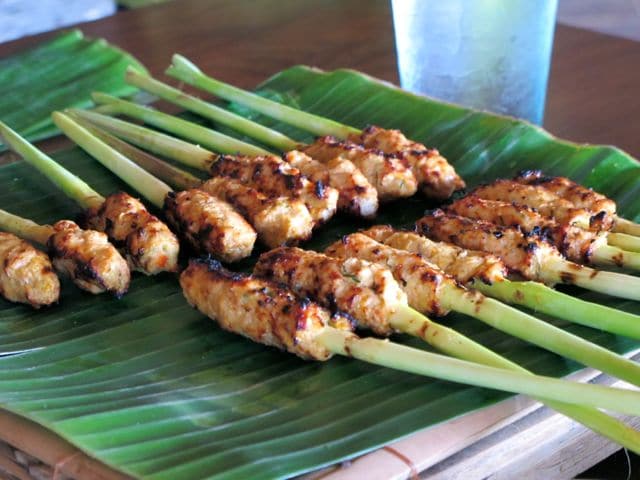Let’s just get this out in the open now: I hate diets. I hate being told what I can and can’t eat. I hate telling other PEOPLE what they can and can’t eat. (Okay, I do make suggestions on occasion.) I hate regimented eating of any kind unless it’s a short term exploration of what works best for your body.
I particularly hate ways of eating that exclude entire categories of macronutrients (i.e., a significant chunk of carbohydrates – like grains and beans – in the case of the Paleo Diet).
Okay. Now that that’s taken care of. Here’s the meat of it (no pun intended): protein balance is tricky. I get asked about it A LOT. How much should I eat? Am I eating too much? Should I eat more because I’m training for a race?
In my second post on “confusing health topics,” I cover the basics of protein, where to find it, and how to zero in on your perfect balance.
What happens if I don’t eat enough protein?
It’s pretty unlikely that you’re protein-deficient, even if you’re vegetarian or vegan since most foods have at least some protein in them. The difference is in the details (see “What are the best protein sources?”). Having said that, protein is important for skin, hair, nail, bone, and muscle health. It also regulates fluid and pH balances in our bodies. Important stuff.
What happens if I eat too much?
Our bodies can’t store excess amino acids – the building blocks of protein – so off they go to fatty acid land (i.e., fat), contributing to weight gain. Excess protein can also cause dehydration, kidney stones, and even liver damage in extreme cases.
What are the best protein sources?
That depends on you – as with any nutrient, your protein needs are 100% unique. For a lot of people, protein choices are influenced by specific health concerns, ethical issues, or religious beliefs. Some things to be aware of when choosing plant vs. animal protein sources:
- Plant sources, like beans, legumes, whole grains, nuts and seeds, soy, and dark leafy greens (yes, indeed…my beloved dark leafy greens even have a little protein!), provide fiber, unsaturated fats and a variety of minerals like zinc and iron. They do not, however, contain vitamin B12, an essential vitamin.
- Animal sources, like meat, fish, eggs, and dairy, provide B vitamins and a variety of minerals, but do not contain any fiber and are often high in fat and cholesterol.
Experiment with different sources and/or different combinations of plant and animal sources to see how you feel. Your needs are likely to change depending on activity level, health status, age, and a host of other individual factors.
I’m training for a marathon. Do I need more protein?
You don’t necessarily need to eat more protein simply because you’re training for a sporting event. Most sports nutritionists recommend that about 10-15% of your calories come from protein when you’re training, the same percentage as when you’re not training (depending on what you’re training for, of course…strength training athletes like body builders need a bit more protein than endurance athletes like marathoners, but not THAT much more). It’s the carbohydrate balance that bumps up, from about 50-60% of daily calories to 60-65%. Carbohydrates are your body’s primary source of energy, training or not. If carbohydrates and fat aren’t available, your body will use protein for energy; but then it’s not available for one of its primary – and rather important – jobs, muscle and tissue repair.
What about protein powders?
I have one word for those – ick. There are just too many good, whole food sources of protein for me to ever be convinced that a synthetic and/or lab-extracted protein is a better option. Sorry.
And protein bars?
If they’re made with whole foods protein sources – like nuts, seeds, whole grains, or nut butter – I’m in. “Soy protein isolate” is not food.
What’s your experience with protein? Have you found your perfect balance yet? Do you notice that your needs change over time? Share your thoughts in the comments below.
xoxo,






